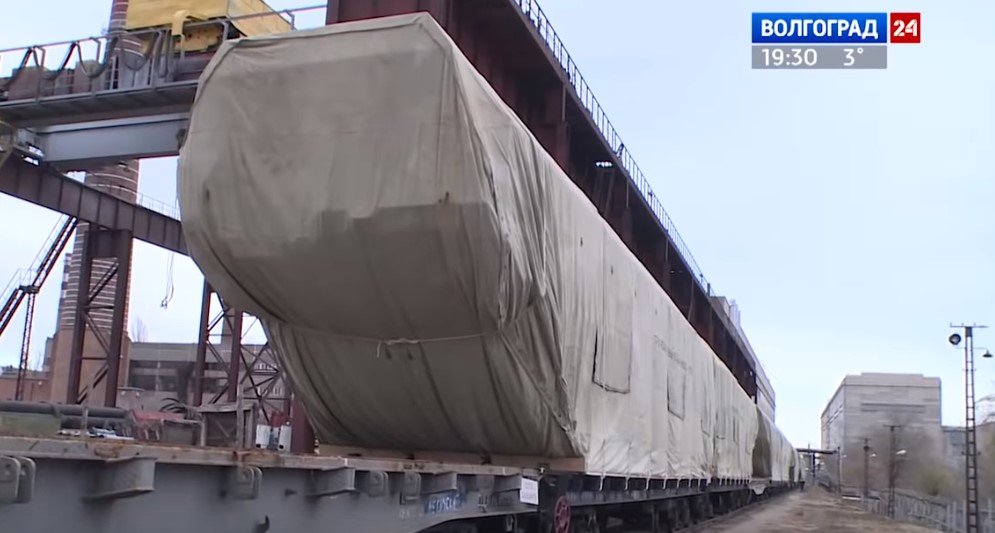The Russian Military has received a first batch of Iskander tactical ballistic missile systems, which were produced in 2018, according to the Russian state media. The systems were produced under the deal reached by the Defense Ministry and the KB Mashinostroyeniya company.
These very systems are produced for the 448th missile brigade of the 20th Guards Army. This brigade is deployed in Kursk. Military experts already noted that the newly-produced missile systems have an expanded hull, which means that they will be capable of using the 9M729 (SSC–X–8) long-range ground-based cruise missile. This missile has the range of 480–5,470 km.
The deployment of such missiles is banned by the INF Treaty, which the US administration has recently decided to ignore. So, Russia is already preparing for the US official withdrawal from the INF.







